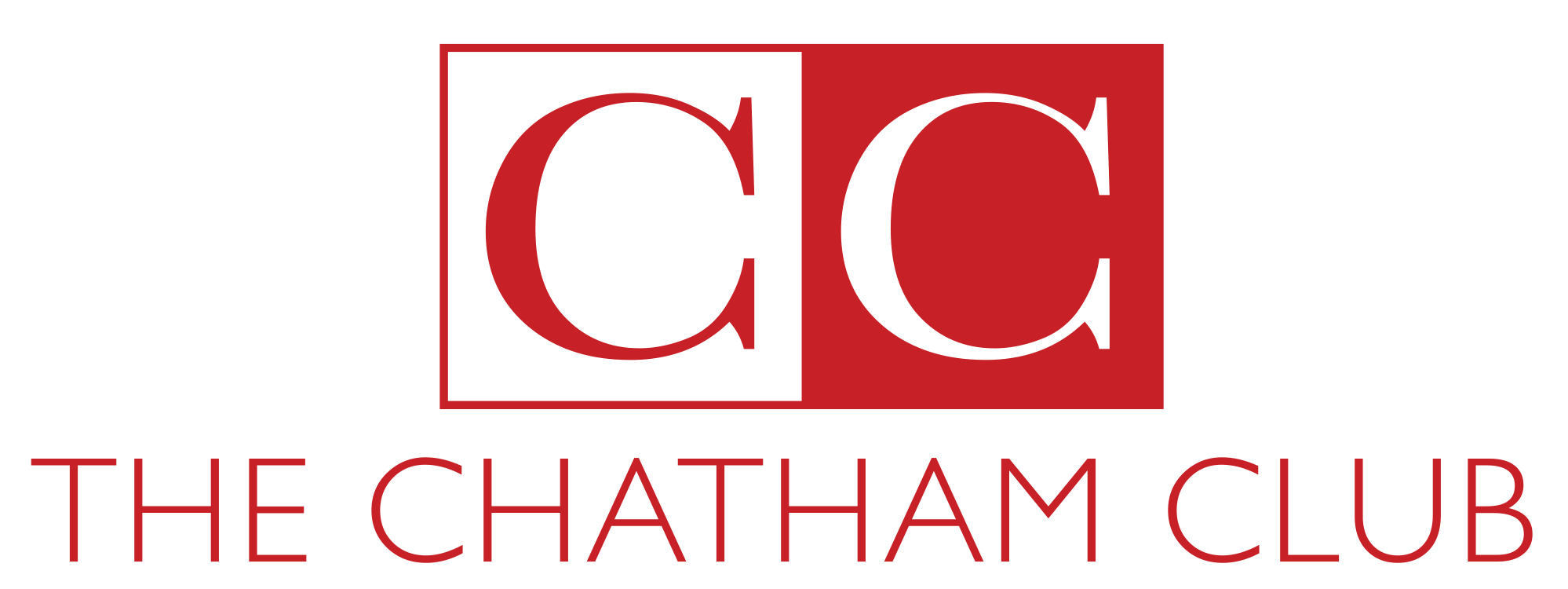Resolutions vs. Goals

As tradition goes, millions of people set New Year’s resolutions, with the two most popular resolutions being exercising more and living healthier. Despite our best intentions, many give up on them within one to six weeks. Setting a goal with a plan beats a resolution every day of the year. A resolution is just an intention; you need a goal with a plan. Goals are statements of commitment.
Do you want to know the secret to achieve your goals? We can sum it up in one word – consistency! Yes, there will be days when you fall off but having a plan helps you get back into it and is an essential part of achieving your goals.
Let’s say your resolution is “I will exercise more,” What does “exercise more” mean? It could mean losing fat, increasing strength, gaining muscle, boosting energy levels, improving cardiovascular ability, or something else entirely. When you can envision the outcome you want, creating a plan and staying focused on your goals is much easier.
Everything comes down to priorities and what you would like to accomplish. Using the SMART method can help you achieve what you set out to do. SMART stands for specific, measurable, attainable, relevant, and timely, which is essential in reaching a fitness objective.
Let’s break down the SMART Method in more detail.
Specific
I will exercise more, will not cut it, and it is too open-ended. What kind of exercise are you going to do? You need to be so clear that it leaves no room for interpretation. “I will perform 30 minutes of cardio three times per week,” leaves no room for confusion.
Measurable
These goals must also be measurable to allow you to gauge whether or not you are obtaining them. To say, “I want to lose weight,” is too vague – “I want to lose 10 pounds in 12 weeks,” is a measurable goal that you can track.
Attainable
Making sure your goal is attainable is crucial to how well you will adhere to your goal. An excellent SMART fitness goal must be a balance of challenging but also achievable! If you say, “I want to run 5 miles,” but have never run before, you are setting an unreasonably lofty goal. Not only does failing these goals leads to frustration, but you will also lose motivation. It’s important to set goals that are challenging yet realistic.
Relevant
You need to set relevant and realistic goals for you to achieve. For example, training for a marathon is irrelevant if your goal is to build body strength and vice versa.
Timely
The final part of SMART goals is setting a specific period within which you plan to achieve your goal. Of course, the time you select for your SMART goals affects how attainable they are, but the main point is that you do not create such a long-term goal that you never begin or finish.
By setting these goals, we lay out the foundation for success. As with any goal, make sure to keep track of your progress. If you have questions about setting or achieving your goals, ask one of our trainers, and they will be more than happy to help you.

